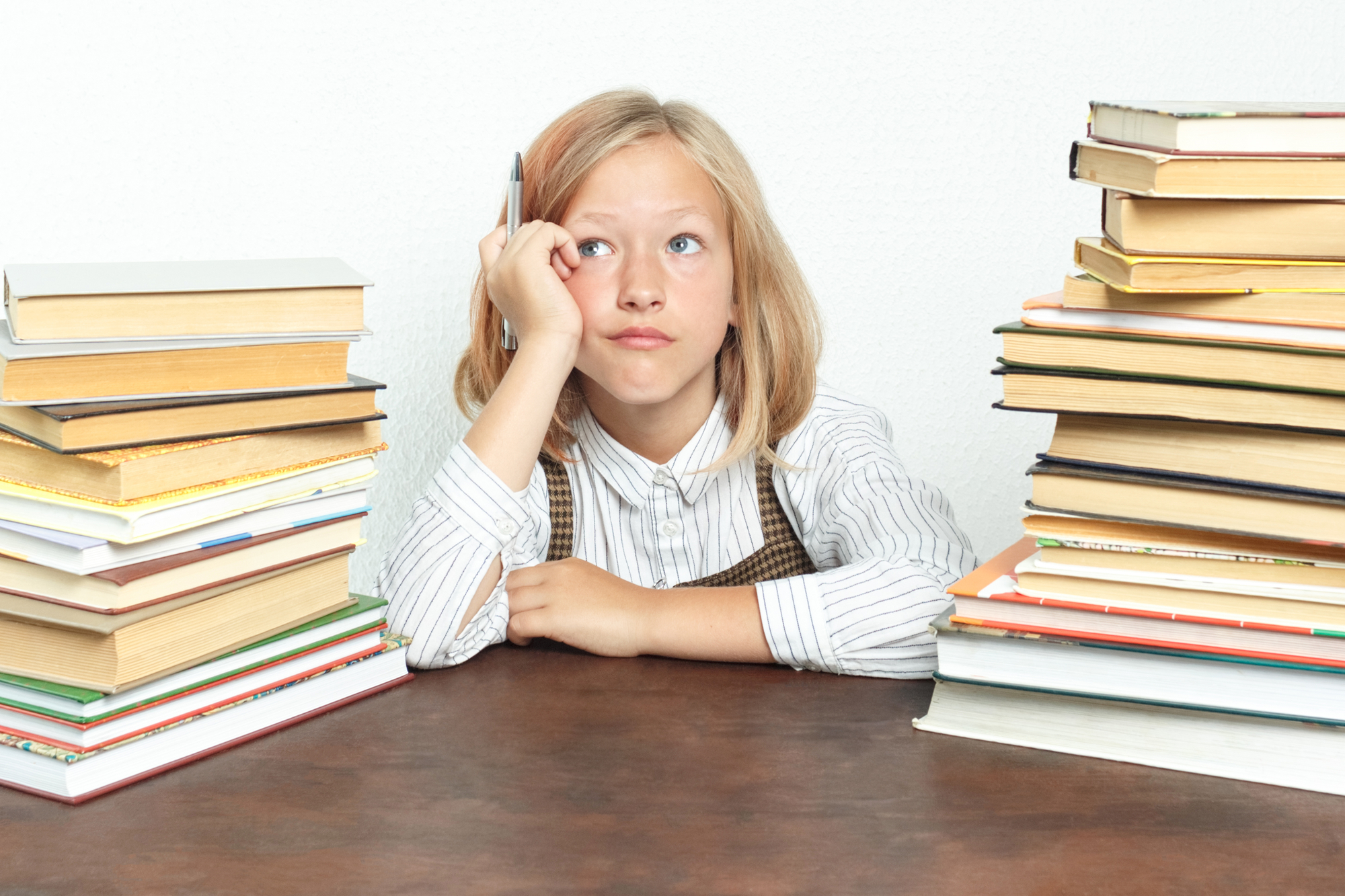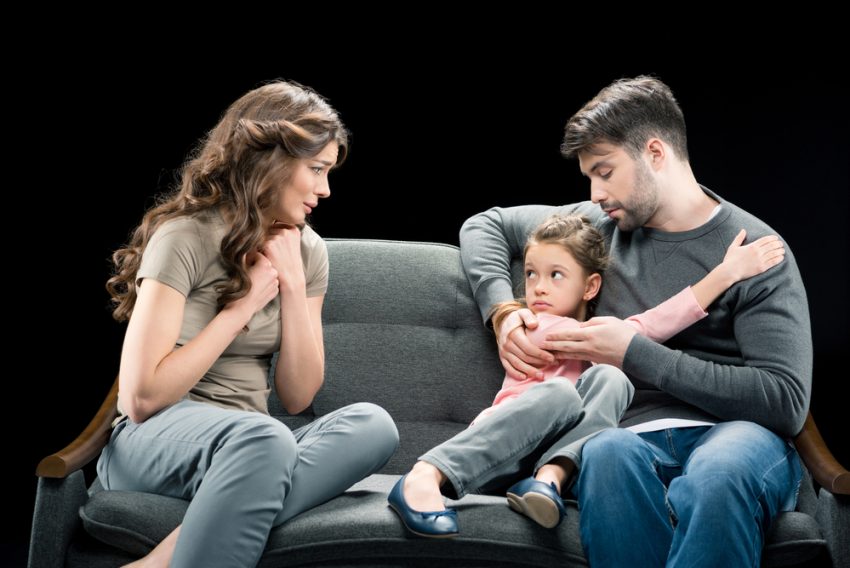Some families have coped more successfully than others with the disruption and change COVID issued in. Mattson Newell, a director for Partners in Leadership, a Fortune 500 Company, realised that the most successful people displayed a quality not covered by IQ and EQ (emotional intelligence). He identified and described AQ, the Adaptability Quotient. If people are highly adaptive, they are more easily able to cope with change. Children have spent months learning remotely. How do we facilitate their return to school?
Children’s social and emotional development may have stalled
Research suggests that because children have missed the usual interaction with their peers their social and emotional intelligence may have stalled. And there are roll-on effects. If children are emotionally unsettled they are less open to new learning. Until children reacquire a state of equilibrium, they may not reach the peaks of learning they achieved before COVID. There is catching up to do.
The challenges of classroom expectations
We all know that the classroom situation has different expectations from the home environment. Children will be called on to consider group goals and needs and to exercise more self-regulation. They may need to extend their attention spans and endure restricted movement. Their peers are almost two years older, so the negotiations and interactions during recess may be qualitatively different. Students may need to relearn to read the emotions of others and operate at a higher level of behavioural expectation themselves.
Lockdown experiences were different for individual children
Some children have experienced lockdown negatively, feeling lonely and isolated from their friends. This is particularly so for gregarious extroverted children. Others enjoyed it because many families found this to be a time of connecting, bonding and exploring new rituals and interests. Children who enjoyed the break from school may be introverted and nervous about reengaging with peers. Children who were socially excluded or bullied at school may feel anxiety and trepidation.
Children may present with a range of anxieties
Your children might be displaying uncertainty about recommencing face-to-face schooling. This may range from being unsure of what to expect to severe anxiety and separation anxiety. Some may be fearful of contracting COVID. Research analysis by the University of Western Australia indicated that about 6.9% of children and adolescents surveyed have a diagnosed anxiety disorder, 4.3% experience separation anxiety and 2.3% have a social phobia. If the anxiety is advanced the children may be described as presenting with a mental disorder. A Telethon Kids research study indicates that students with poor mental health can be between seven to 11 months behind in year 3, and 1.5 – 2.8 years behind by year 9. If educators or parents think their children are in this category, they need to find professional support for the child, tween or teen.
For children who may be displaying simple nervous anticipation, there are ways we can ease the transition with some thought and planning. Newell formulated four steps of AQ to approach problems and change. They encompass a positive approach: see it, own it, plan a way to solve it and do it.
The Six C’s of coping with back-to-school concerns
Care
Being aware that your child may have some struggles puts you ahead of the game. Being supportive and proactive about the preparation for school return will pay great dividends. Include your kids in gathering and organising everything they will need in the first weeks. Their stuff is likely scattered all over the home by now!
Cooperation
Working together to formulate a plan will avoid future clashes. Agree on roles and responsibilities. Roster times for homework, family time and personal downtime. Ensure you agree on the parameters of screentime which might have increased dramatically during the lockdown. Being on the same team is much easier than fighting pitched battles day in and day out.
Consistency
Implement new routines and stick to them. If possible, retain some of the positive routines you established during lockdown. If children become used to schedules they helped to agree on, they will feel more secure. Give each person their own space and make them responsible for keeping it neat and organised.
Calm
Give your kids time to adapt to the new routines and expectations. They may be more tired, moody, angry, frustrated and antagonistic than they were during the lockdown. If they act out, it will do no good to escalate the situation. Don’t take the outburst personally and remember that your child is acting out at home because they feel secure that you will still love them at the end of it! High-intensity emotion usually emanates from the fight or flight response and there is no logic in this state. Wait until your child has settled down and then choose your time to listen to the source of the emotion and help design some strategies to cope in the future.
Cardio
Being out in the fresh air and moving combine with the positive effects of being outdoors to reinvigorate tired children and balance their emotions. Blood courses through the body taking oxygen and nutrients to where they’re needed and flushing toxins to improve health, thinking and immunity. In fact, cardio exercise does the same for you!
Conversation
Finally, ensure you keep an open mind and ear to listen to what your child is saying both verbally and with their body language. Having friendly, honest, non-judgmental conversations go a long way to supporting your children as they re-enter the school community and society in general.
Wishing you and your charges the best of luck with the transition to the new normal!
Lili-Ann Kriegler (B. A Hons, H. Dip. Ed, M.Ed.) is a Melbourne-based education consultant and author of Edu-Chameleon. Lili-Ann’s primary specialisations are in early childhood education (birth-9 years), leadership and optimising human thinking and cognition. Her current part-time role is as an education consultant at Independent Schools Victoria and she runs her own consultancy, Kriegler-Education. Find out more at https://kriegler-education.com








